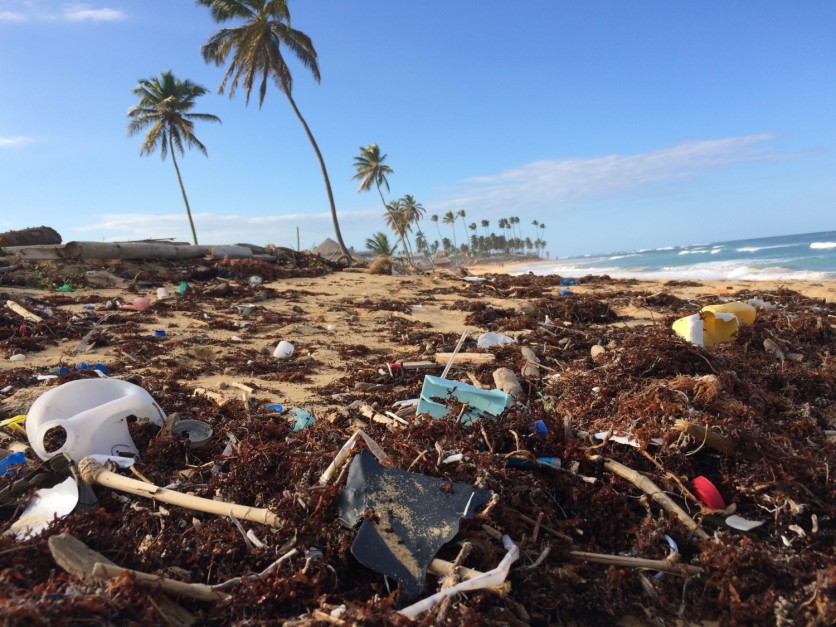Flash joule heating is initially used for graphene production to transform food wastes into something useful. However, the modern method has shifted to retrieving important metals from electronic wastes.
A recent study about urban mining shows that e-waste has hidden treasures beneath them.
The researchers found out that by eradicating the toxic heavy metals from the source, gold, and silver would be retrieved as by-products.
Rice University Lab Recovers Metals From E-Waste

According to The Engineer on Tuesday, Oct. 5, the process of flash joule heating involves setting the temperature to 5,660 degrees Fahrenheit. The e-wastes are heated to separate substantial metals.
Chemist James Tour said that every year, there are over 40 million tons of electronic wastes around the world. Many of them are used by scientists for urban mining.
Tour added there is a treasure from waste often seen in the dumpsters. Since the landfill could only house limited devices, some of them need to be recycled as soon as possible.
To save the environment from toxic metals, Tour said that his team has discovered an effective way to get rid of them. By converting the electronic waste to a useful component, there are metals such as gold and silver that are recovered.
The process will start with the evaporative separation of the vapors. They will later be transferred to the flash chamber in a vacuum. The process will yield metals through the refining method, according to Bing Deng, a postdoctoral research associate from Rice University in Texas.
The research also suggested that a single flash Joule reaction could diminish the concentration of the lead by under 0.05 parts per million. This level is established for agricultural use.
To view the study entitled "Urban mining by flash Joule heating," visit Nature.com for more details.
How to Reduce E-Waste At Home
Harvard University shared an article about the importance of minimization of one's electronic waste. The procedure contributes to the reduction of energy, as well as the conservation of resources on the planet.
The report listed six ways to minimize your e-waste usage:
Re-evaluate if you need a gadget
Always keep your device clean and prevent them from being overcharged.
Aim to buy environment-friendly products.
Participate in e-waste drives
Re-use gadgets.
Practice e-waste recycling
You can also check this article about Electronics Recycling 101.
From E-Waste to Gold
In 2016, a group of researchers from the University of Saskatchewan discovered a technique to get gold from electronic wastes. Gold extraction would not only provide financial assistance to people, but also it could save the environment.
It will only take 10 seconds to retrieve gold from electric circuits. At that time, it was the fastest time done for the said method. To start the process, you need 5,000 liters of aqua regia.
The researchers said that it would only cost you $50 to extract a gold kilogram. Moreover, they added that this process could be incorporated with another method about gold recycling.
Related Article: This Cryptocurrency Produces As Much E-Waste As Entire Countries
This article is owned by Tech Times
Written by Joseph Henry
![Apple Watch Series 10 [GPS 42mm]](https://d.techtimes.com/en/full/453899/apple-watch-series-10-gps-42mm.jpg?w=184&h=103&f=9fb3c2ea2db928c663d1d2eadbcb3e52)



